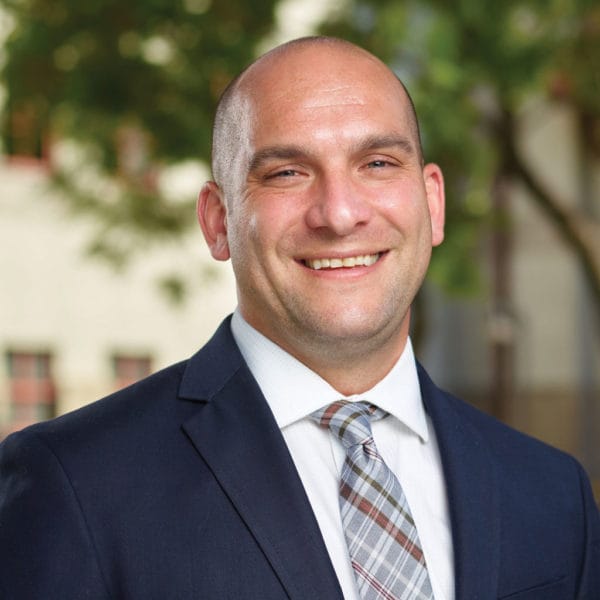Gregory DeAngelo is an associate professor in the Department of Economic Sciences and director of the Computational Justice Lab. He works closely with criminal justice agencies to address pressing policy issues to identify the causal effects of actions by both legal and extralegal actors on public safety. At the core of his work is a desire to advance the understanding of the criminal justice system by identifying the causal impacts of policies, incentives, and actions on public safety.
Office Location
Harper East 209
Co-authored with Evan Calford. “Ambiguity and Enforcement.” Experimental Economics 26 (2023).
Co-authored with Marina Troger and Sarit Weisburd. “Police Response Time and Injury Outcomes.” The Economic Journal 133, no. 654 (2023).
Co-authored with Bryan McCannon. “Judicial Elections and Criminal Case Outcomes.” Journal of Legal Studies 49, no. 1 (2020).
Co-authored with Benjamin Hansen. “Life and Death in the Fast Lane: Police Enforcement and Traffic Fatalities.” American Economic Journal: Economic Policy 6, no. 2 (2014): 231-57.
Co-authored with Gary Charness. “Deterrence, Expected Cost, Uncertainty and Voting: Experimental Evidence.” Journal of Risk and Uncertainty 44, no. 1 (2012): 73-100.
Microeconomic Theory
Machine Learning
Causal Inference
Law and Economics
Crime and Economics
